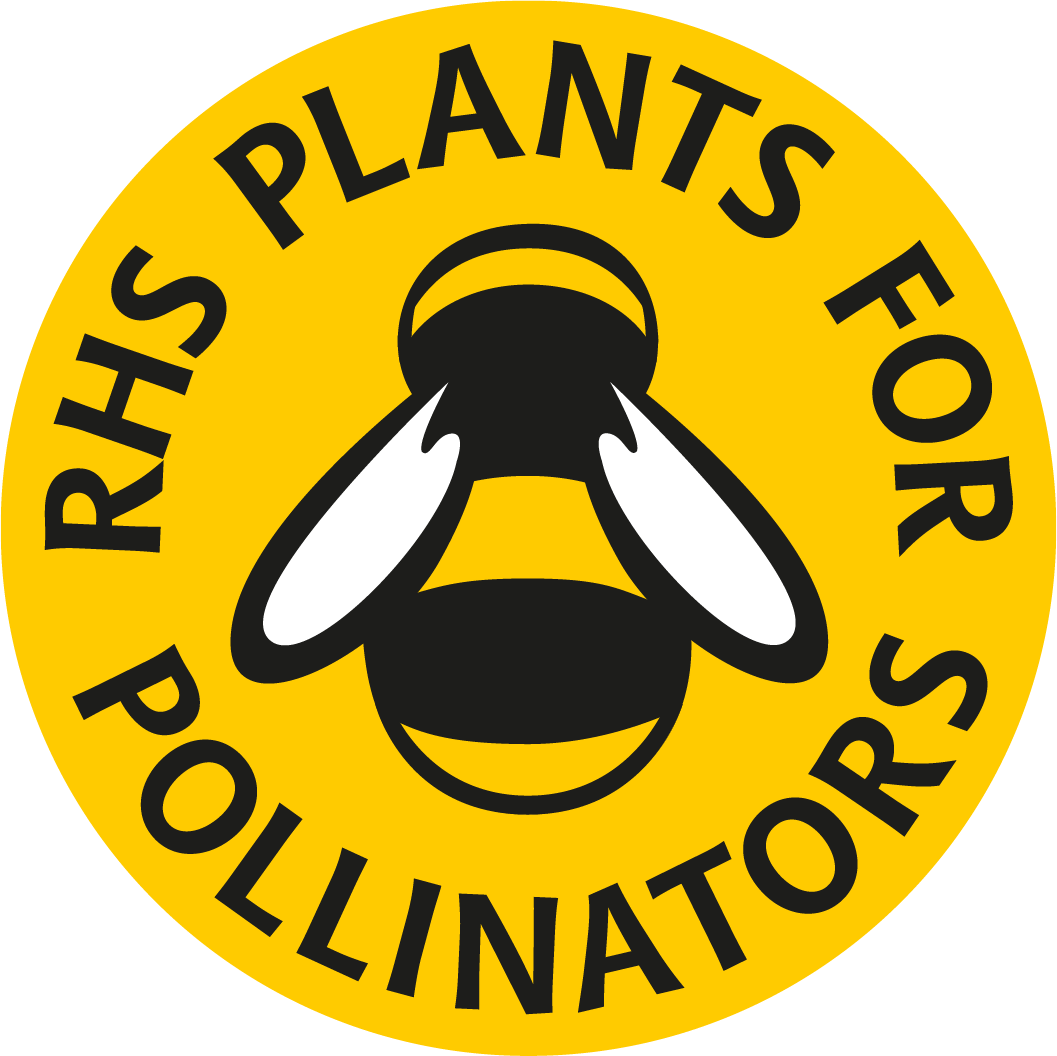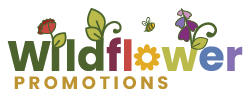Cornflower is a pretty annual wildflower and member of the Daisy family. It is also known as Bluebottle, Batchelor’s Button or Knapweed. Cornflowers are blue on stems up to 2 ft (60 cm) high. Cultivated versions of Cornflower have many coloured flowers. It is rare in the wild, being previously regarded by farmers as a common corn field weed and so widely eradicated. It has been present in Britain since the Iron Age. Its name centaurea comes from Chiron, the centaur, whom the plant cured when an arrow tipped with the blood of Hydra wounded him. Since then the plant has been assumed to drive away snakes. The cyanus part comes from Cyanus, who loved the plant so much he spent all his time in corn fields making garlands from them. When he died, the goddess Flora transformed him into the plant. However, the name may also come from the nymph, Cyane, daughter of the river god, Meidanros – she was changed into a dark blue spring whose waters fed the small brook Anapis near Syracuse.
Wildlife Benefits of Cornflower
Bees absolutely love Cornflowers, as do butterflies. Cornflower pollen is used by a few insect species, and its nectar has a sugar content of 34%. Cornflower seeds are one of the Goldfinch’s favourite foods too.
Uses of Cornflower
Cornflowers can stop a nosebleed if picked on Corpus Christi Sunday. Water distilled from Cornflower petals was used for weak eyes. As always, check with a qualified herbalist before using! Petal juice will dye linen blue but isn’t permanent. Stagecoach drivers used to wear Cornflowers as buttonholes in the nineteenth century. The flower was symbolic of rustic life.
The flowers can be eaten raw, cooked or dried.





